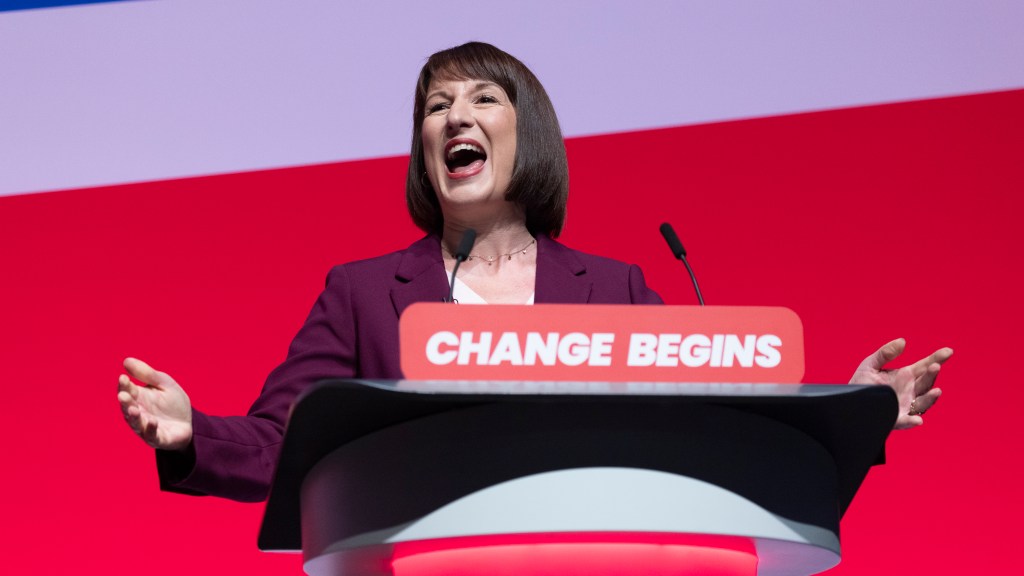Impact of Proposed Capital Gains Tax Increase on UK Investment
Businesses supported by BGF, the UK’s leading private equity investor, have expressed concerns that raising capital gains tax (CGT) in the upcoming budget could deter investment in the UK.
This warning emerged from a survey involving 58 of the 348 companies backed by BGF, most of which are located outside London and the southeast.
Respondents indicated that an increase in CGT on October 30 would be viewed as “anti-entrepreneurial,” stating that it could lead to a diversion of investment to other markets.
A significant majority, 88 percent, of the company executives and founders surveyed associated a rise in CGT with inadequate support for entrepreneurs, with 74 percent anticipating negative consequences for their businesses.
Moreover, 78 percent of participants noted that higher CGT rates would affect their investment decisions, which BGF warns could impede “job creation and economic growth.”
Andy Gregory, CEO of BGF, remarked on the prevailing uncertainty in the business environment, emphasizing the specific concerns leaders face regarding potential budgetary impacts on the growth prospects for small and medium-sized enterprises.

Although the Treasury has not confirmed plans to raise CGT, it remains one of the few avenues for additional revenue after ruling out increases in income tax, national insurance, VAT, or corporation tax. The Office for Budget Responsibility projects that the Treasury will collect £15.2 billion from CGT this tax year, accounting for 1.3 percent of total tax receipts.
Founded in 2011 following the financial crisis, BGF has been backed by £3 billion from major banks including Barclays, NatWest, Lloyds, HSBC, and Standard Chartered. To date, the London-based fund has invested £4 billion into over 600 companies, encompassing consumer brands like Brompton and Gousto, as well as consultancy firms like Cornwall Insight. In the first eight months of this year alone, BGF invested £309 million in 33 businesses.
Particularly, tech entrepreneurs are apprehensive about higher CGT rates impacting employees with share options. Start-ups often supplement low wages with these options, which could hold significant value if the business performs well or become worthless otherwise.
According to the government-endorsed Enterprise Management Incentives scheme, employees with options valued up to £250,000 can reduce CGT to 10 percent on the first £1 million gain, provided they hold the options for at least two years.
Currently, any gains below £3,000 per year are tax-exempt, while higher-rate income taxpayers pay 20 percent on profits from most asset sales exceeding that limit. Second-home sales incur a 24 percent rate, while private equity fund managers face a 28 percent rate on gains from performance-based rewards.
The BGF survey also revealed criticism from businesses regarding the government’s “make work pay” agenda, which aims to enhance employment rights for workers, including immediate rights against unfair dismissal and the right to disconnect outside of working hours. More than two-thirds (71 percent) of respondents felt that the government has not achieved a fair balance between employee and employer needs, particularly affecting smaller companies.
A spokesperson from the Treasury commented, “We do not address speculation on tax changes outside of fiscal events.”




Post Comment